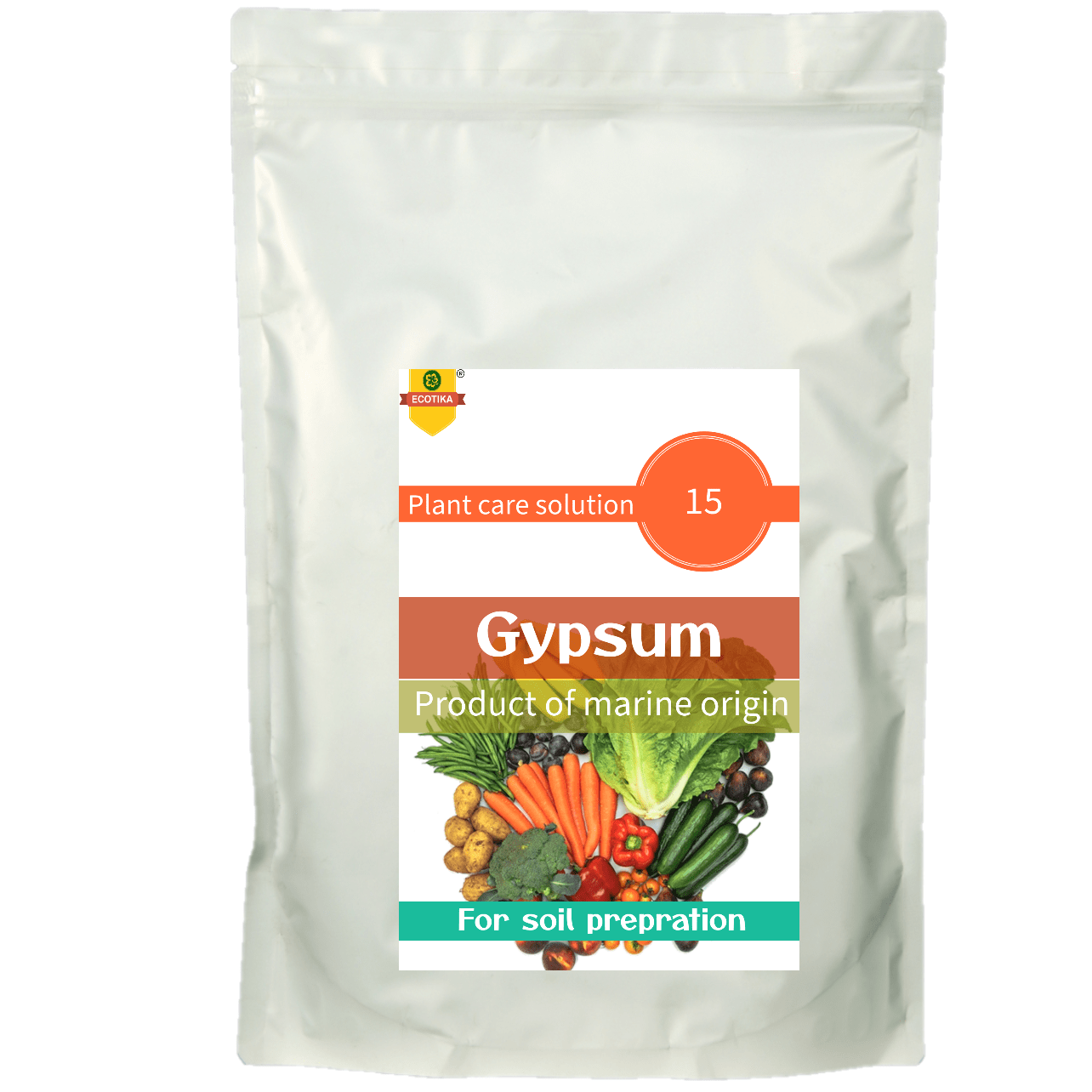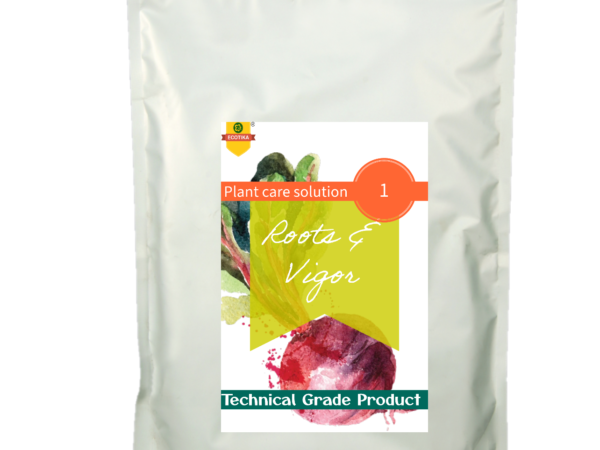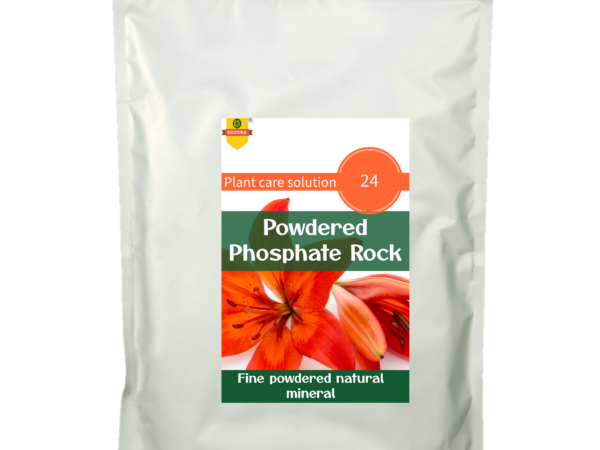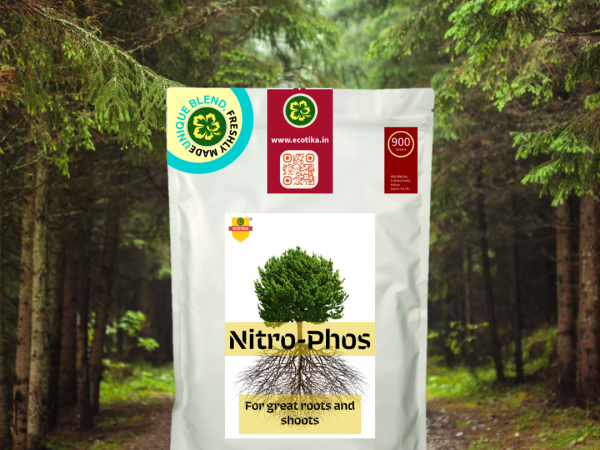Gypsum (Agriculture grade) Fertilizer | Source of Calcium and Sulphur | Soil Amendment
₹154.00 – ₹295.00
Gypsum is one of the earliest forms of fertilizer. It has been applied to agricultural soils for more than 250 years. Gypsum is a moderately soluble source of the essential plant nutrients, calcium and sulfur, and can improve overall plant growth. Gypsum amendments can also improve the physical and chemical properties of soils, thus reducing erosion losses of soils and nutrient concentrations (especially phosphorus) in surface water runoff.
Gypsum is a soluble source of the essential plant nutrients, calcium and sulfur, and can improve overall
plant growth. Gypsum amendments can also improve the physical properties of some soils (especially heavy clay soils). Such amendments promote soil aggregation and thus can
(1) help prevent dispersion of soil particles,
(2) reduce surface crust formation,
(3) promote seedling emergence, and
(4) increase water infiltration rates and movement through the soil profile.
It can also reduce erosion losses of soils and nutrients and reduce concentrations of soluble phosphorus in surface water runoff. Chemical properties improved by application of gypsum include the mitigation of subsoil acidity and aluminum toxicity. This enhances deep rooting and the ability of plants to take up adequate supplies of water and nutrients during drought periods. Gypsum is the most commonly used amendment for sodic soil reclamation and can also be included as a component in synthetic soils for nursery, greenhouse, and landscape use.
Description
Gypsum (Agriculture grade) Fertilizer is one of the earliest forms of fertilizer. It has been applied to agricultural soils for more than 250 years. Gypsum is a moderately soluble source of the essential plant nutrients, calcium and sulfur, and can improve overall plant growth. Gypsum amendments can also improve the physical and chemical properties of soils, thus reducing erosion losses of soils and nutrient concentrations (especially phosphorus) in surface water runoff.
Gypsum fertilizer is a soluble source of the essential plant nutrients, calcium and sulfur, and can improve overall
plant growth. Gypsum amendments can also improve the physical properties of some soils (especially heavy clay soils). Such amendments promote soil aggregation and thus can
(1) help prevent dispersion of soil particles,
(2) reduce surface crust formation,
(3) promote seedling emergence, and
(4) increase water infiltration rates and movement through the soil profile.
It can also reduce erosion losses of soils and nutrients and reduce concentrations of soluble phosphorus in surface water runoff. Chemical properties improved by application of gypsum include the mitigation of subsoil acidity and aluminum toxicity. This enhances deep rooting and the ability of plants to take up adequate supplies of water and nutrients during drought periods. Gypsum is the most commonly used amendment for sodic soil reclamation and can also be included as a component in synthetic soils for nursery, greenhouse, and landscape use.
It is suitable for use with all crop types, plants and trees. It is free from any chlorine and can be safely used with crops like potato that are sensitive to chlorine.
Additional information
| Weight | N/A |
|---|---|
| Dimensions | 30 × 24 × 6 cm |
| Size | 250 Gms, 400 Gms, 900 Gms, 1.8 Kg, 4.5 Kg |







